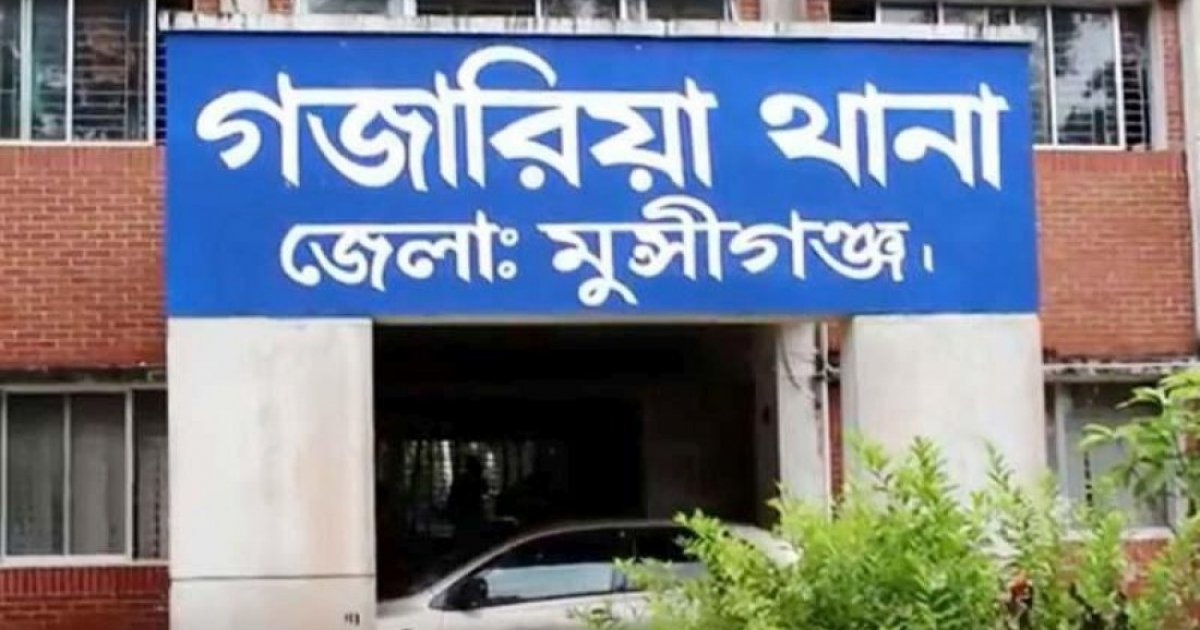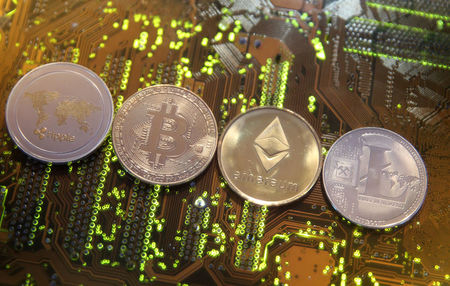Pakistan forms new regulatory body to oversee blockchain and crypto
The post Pakistan forms new regulatory body to oversee blockchain and crypto appeared on BitcoinEthereumNews.com. Pakistani lawmakers have endorsed the creation of a regulatory body to oversee the country’s blockchain-based financial infrastructure and digital asset ecosystem. Dubbed the Pakistan Digital Assets Authority (PDAA), the Ministry of Finance has approved its formation to supervise licensing, compliance, and innovation across the digital asset sector, according to a May 21 report from state-owned broadcaster PTV. The body will be responsible for monitoring operations of related entities such as crypto exchanges, custodians, digital wallets, tokenization services, stablecoins, and decentralized finance protocols. According to Finance Minister Muhammad Aurangzeb, the PDAA is part of a broader strategy to place Pakistan at the forefront of financial innovation. He stressed that Pakistan must “regulate not just to catch up — but to lead,” adding that the new body will help protect consumers, attract global investment, and develop a “future-ready framework” for digital finance. Beyond market oversight, the PDAA is expected to play a central role in tokenizing national assets and government debt, facilitating Bitcoin mining through monetization of surplus electricity, and enabling local startups to build blockchain-based solutions at scale. As previously reported by crypto.news, Pakistan’s Power Division began consultations in March with key stakeholders to explore competitive electricity pricing models for emerging industries, including digital assets, without resorting to subsidies. Power Minister Awais Leghari has also held discussions with Bilal Bin Saqib, CEO of the newly established Pakistan Crypto Council (PCC), to assess how global crypto mining firms could utilise the country’s surplus electricity. A little over two years after former minister Aisha Ghaus Pasha insisted Pakistan would not legalize cryptocurrencies, the launch of the PDAA signals a dramatic rethink of the country’s position. For years, the State Bank of Pakistan had maintained a cautious position, warning against cryptocurrency use and deeming assets like Bitcoin illegal tender. However, that stance began to…

The post Pakistan forms new regulatory body to oversee blockchain and crypto appeared on BitcoinEthereumNews.com.
Pakistani lawmakers have endorsed the creation of a regulatory body to oversee the country’s blockchain-based financial infrastructure and digital asset ecosystem. Dubbed the Pakistan Digital Assets Authority (PDAA), the Ministry of Finance has approved its formation to supervise licensing, compliance, and innovation across the digital asset sector, according to a May 21 report from state-owned broadcaster PTV. The body will be responsible for monitoring operations of related entities such as crypto exchanges, custodians, digital wallets, tokenization services, stablecoins, and decentralized finance protocols. According to Finance Minister Muhammad Aurangzeb, the PDAA is part of a broader strategy to place Pakistan at the forefront of financial innovation. He stressed that Pakistan must “regulate not just to catch up — but to lead,” adding that the new body will help protect consumers, attract global investment, and develop a “future-ready framework” for digital finance. Beyond market oversight, the PDAA is expected to play a central role in tokenizing national assets and government debt, facilitating Bitcoin mining through monetization of surplus electricity, and enabling local startups to build blockchain-based solutions at scale. As previously reported by crypto.news, Pakistan’s Power Division began consultations in March with key stakeholders to explore competitive electricity pricing models for emerging industries, including digital assets, without resorting to subsidies. Power Minister Awais Leghari has also held discussions with Bilal Bin Saqib, CEO of the newly established Pakistan Crypto Council (PCC), to assess how global crypto mining firms could utilise the country’s surplus electricity. A little over two years after former minister Aisha Ghaus Pasha insisted Pakistan would not legalize cryptocurrencies, the launch of the PDAA signals a dramatic rethink of the country’s position. For years, the State Bank of Pakistan had maintained a cautious position, warning against cryptocurrency use and deeming assets like Bitcoin illegal tender. However, that stance began to…
What's Your Reaction?







































